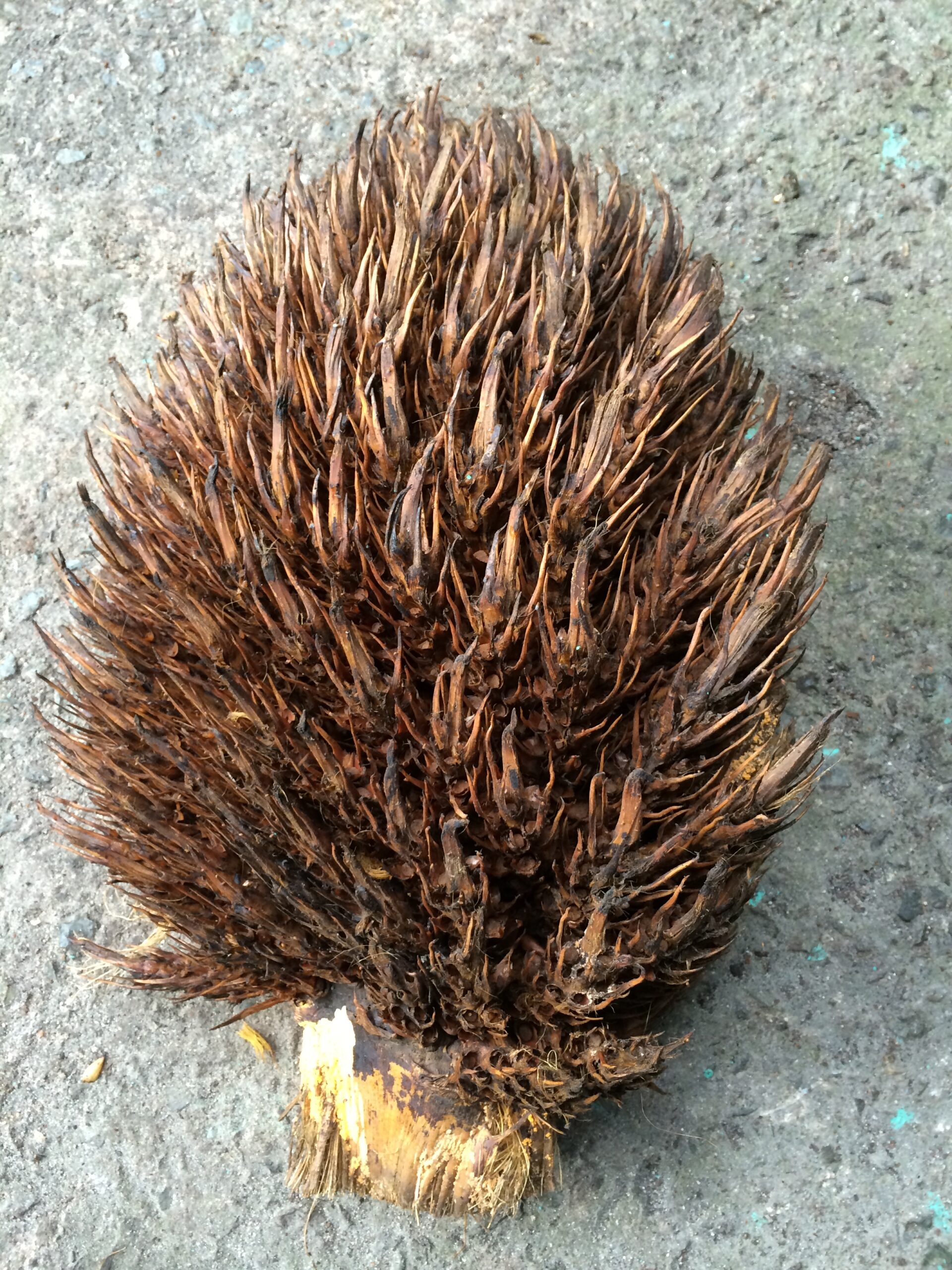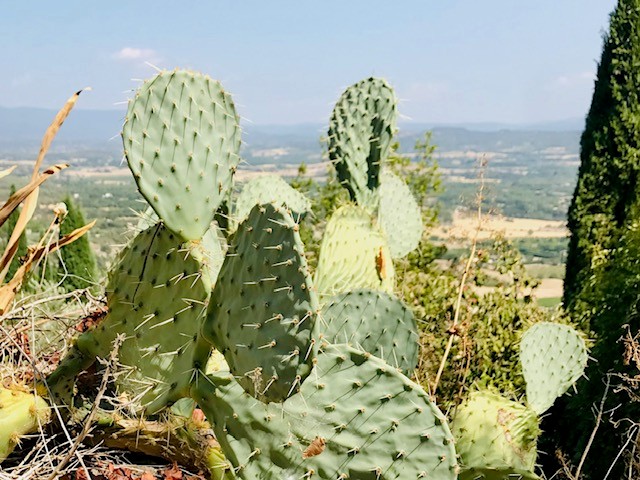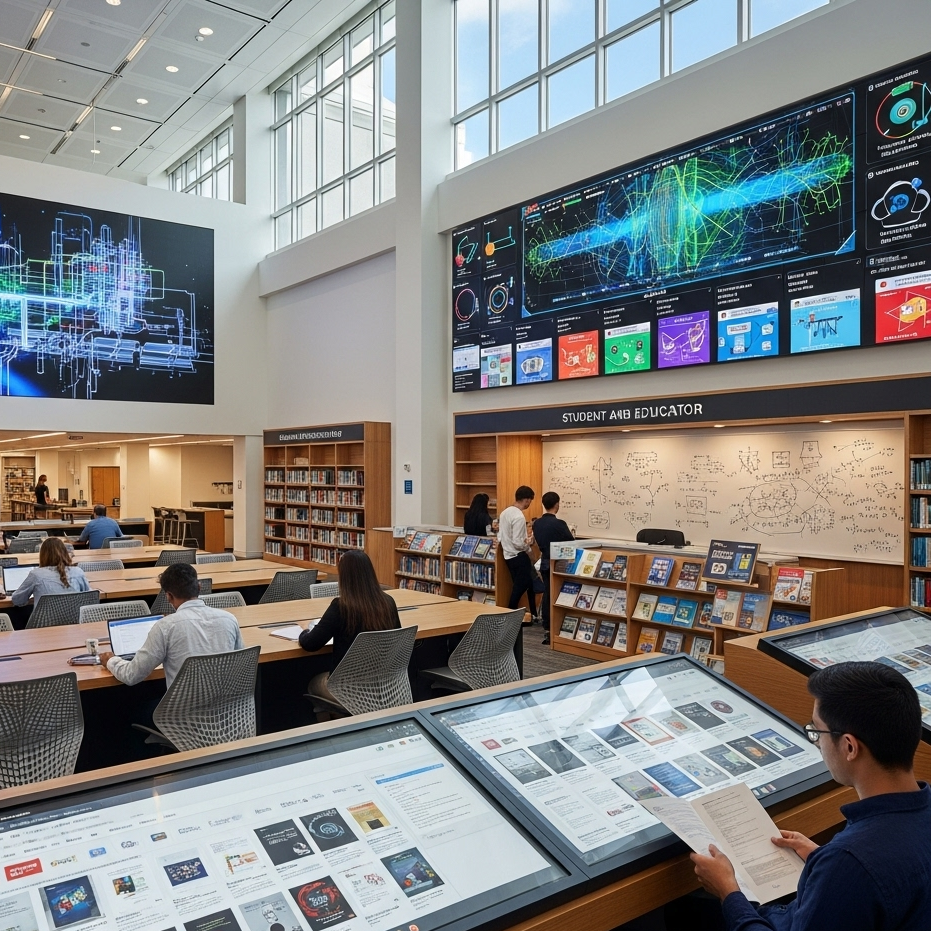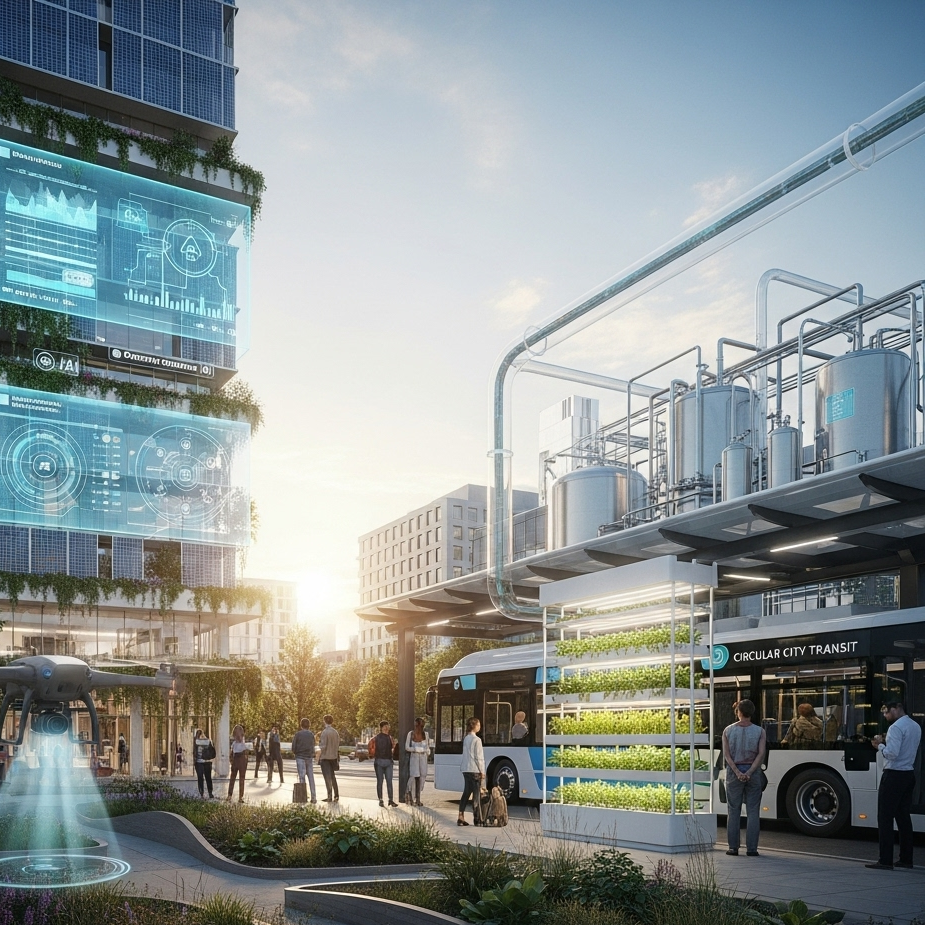Author: Ernesto Hernandez

Advances in Biofuel Production: Scientists Turn Palm Oil Waste into High-Yield Methane in syringe bioreactorsAdvances in Biofuel Production: Scientists Turn Palm Oil Waste into High-Yield Methane in syringe bioreactors
A new study reveals a promising method for industries eager to convert tonnes of palm oil waste into clean, renewable biomethane, addressing a significant environmental and economic challenge for the

Researchers unlock potential of desert plants for cleaner efficient energyResearchers unlock potential of desert plants for cleaner efficient energy
Researchers have found a more sustainable way to produce energy using plants that can survive in dry conditions such as deserts. These drought-tolerant plants, also known as arid plants, could

Resources integrating artificial intelligence (AI) and chemical engineeringResources integrating artificial intelligence (AI) and chemical engineering
The Process Intelligence Research Centre offers access a comprehensive repository of research papers, technical reports and case studies focused on process intensification. Benefit from tools and software for process simulation

AI in Bioinspired Engineering for Sustainable Development.AI in Bioinspired Engineering for Sustainable Development.
Ernesto Hernandez Bioinspired Engineering Research Group (BIERG), School of Engineering, Technology and Design, Canterbury Christ Church University, Canterbury, Kent CT1 1QU, UK. Sustainable development is a global priority, vital for